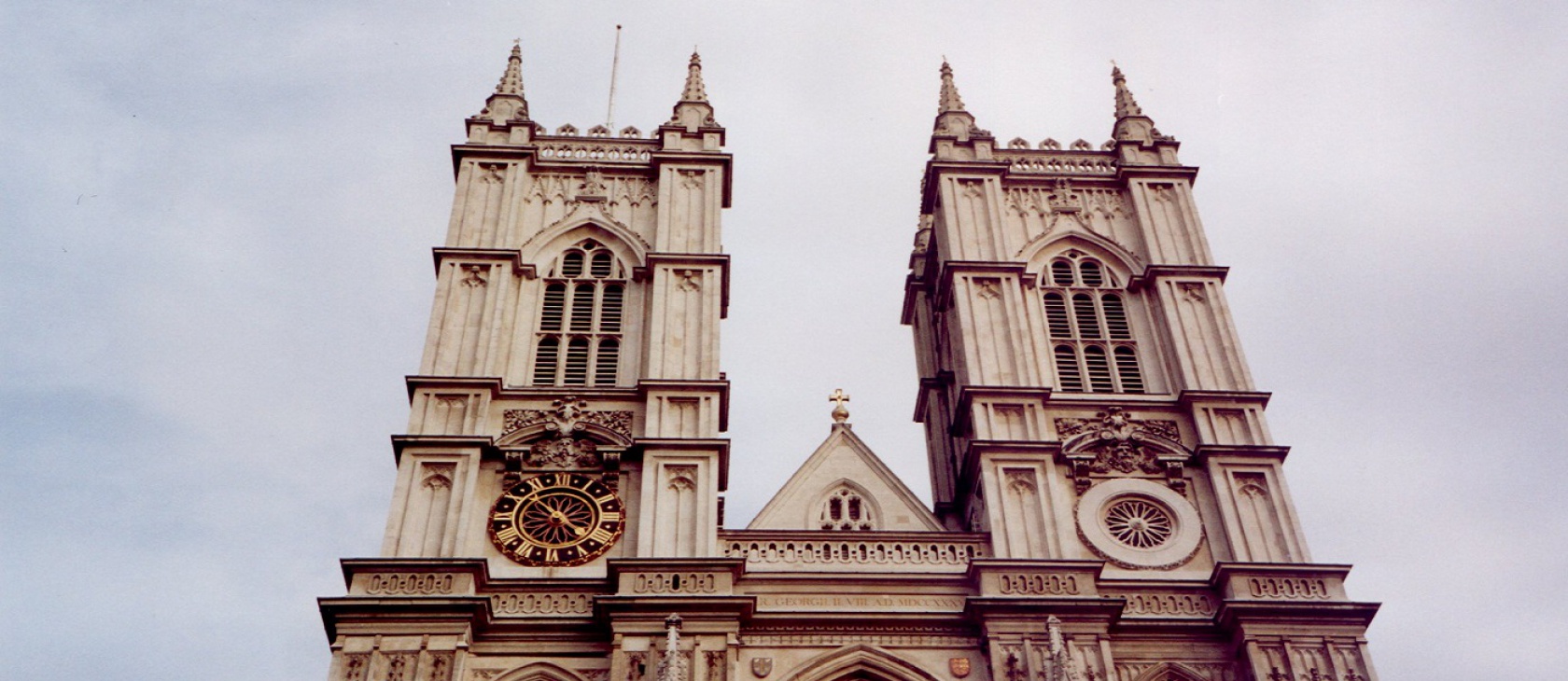Westminster Abbey held a service on Thursday commemorating the 70th anniversary of the United Kingdom’s National Health Service (NHS). At the service Justin Welby, Archbishop of Canterbury, said that the “NHS is the most powerful and visible expression of our Christian heritage, because it sprang out of a concern that the poor should be able to be treated as well as the rich.”
Holding a service for the NHS raises two questions: Why does the Anglican Church no longer believe itself to be the "most powerful and visible expression" of the UK's Christian heritage? And should the Anglican Church be holding a service for the NHS at all?
During the service at Westminster Abbey, the Very Reverend John Hall praised the NHS for its presence at every point of life, whether at the “blessing of new life or the intrusion of our own mortality.” But unlike the sick calls from caring clergy, the cradle-to-grave presence of the NHS is less than comforting.
The NHS is a Bernie Sanders-style single-payer healthcare system, which means there is no upfront cost to British citizens for medical care. This “free” system is what Welby commended as “concern for the poor.” This single-payer system, however, comes with severe drawbacks. Whenever the state offers healthcare, the state must ration care. This creates a huge problem that has already manifested itself in the United Kingdom: When the state rations care, innocent people die.
In the case of Alfie Evans, a toddler who was taken off life support, his parents had no choice whether he lived or died. In the case of Charlie Gard, who had a debilitating genetic condition, he died after his parents were barred by the government from taking him out of the country for treatment. In the case of the Liverpool Care Pathway, the NHS made a policy in which doctors decided when the elderly were no longer worth the investment of hospital services, placing them on heavy drugs and what patients call “the road to death.” In instances like these, the family is the best institution to make difficult choices about human life, but is too often usurped by government control.
Yet the NHS’s problems are not limited to individual outliers. Compared to the healthcare systems of countries with similar wealth, the NHS does an atrocious job of caring for its citizens. According to economist Kristian Niemietz of the Institute of Economic Affairs, “In international comparisons of health system performance, the NHS almost always ranks in the bottom third, on a par with the Czech Republic and Slovenia.”
In today’s sermon, Hall quoted Aneurin Bevan, a founder of the NHS, who said, “I'm proud about the NHS. It's a piece of real socialism; it’s a piece of real Christianity, too." This quote sheds light on the real issue at stake. The Anglican Church’s love of the NHS does not necessarily spring from a love of the institution itself, which does not provide the best possible quality healthcare, but from the misconception that the only way for a Christian to care about healthcare is to have the government provide it. In John 21:17, Jesus tells the Apostle Peter to “feed My sheep.” In this and countless other verses, Jesus taught that it is the role of the church to care for the hurting in the world. The church is the best institution to meld compassion and practical service. Hall and Welby are confusing the charity of the church with the charity of the government and diluting the power of the church by denying its ability to minister in the world.
So, yes, the Anglican Church should hold a service for the NHS, but it should either be a Service of Lament or a Funeral.
(Photo source: Crux. This photo has been cropped and modified for size. CC BY-SA 2.5.)




